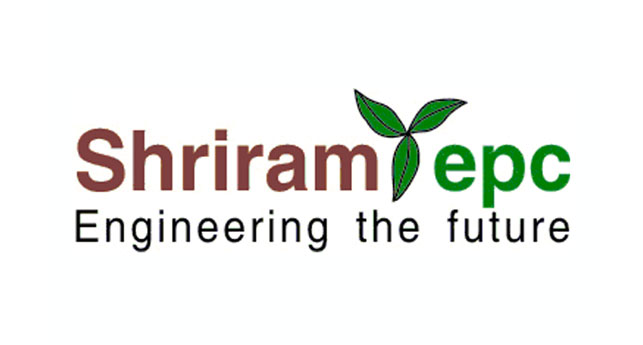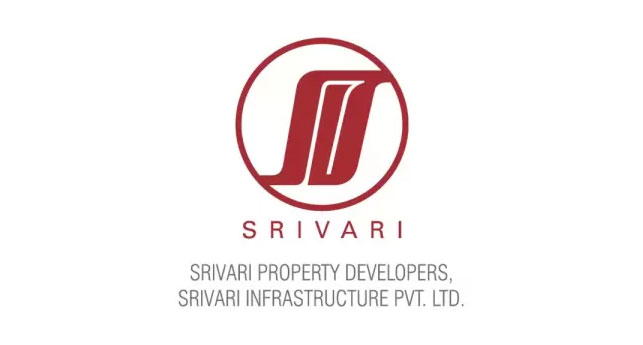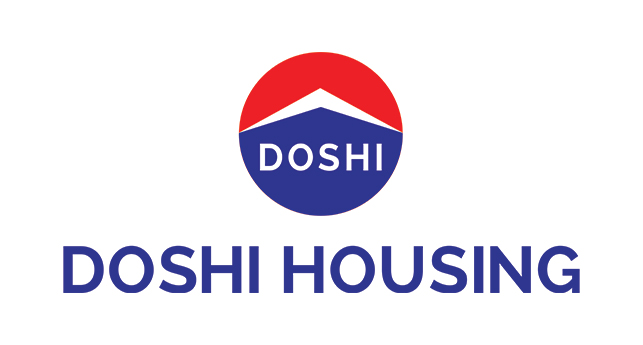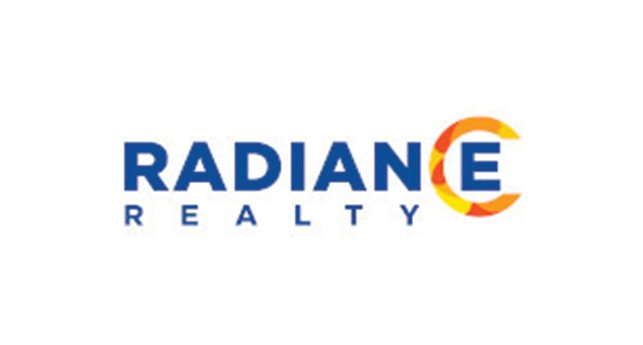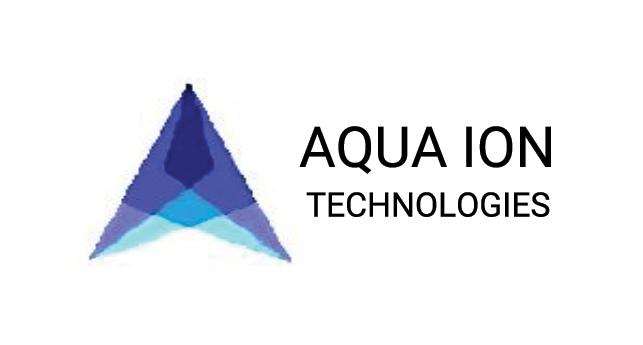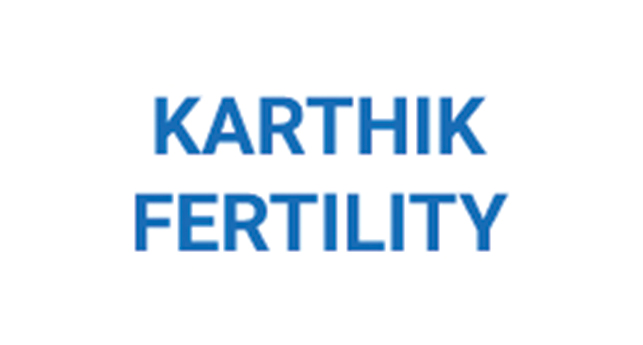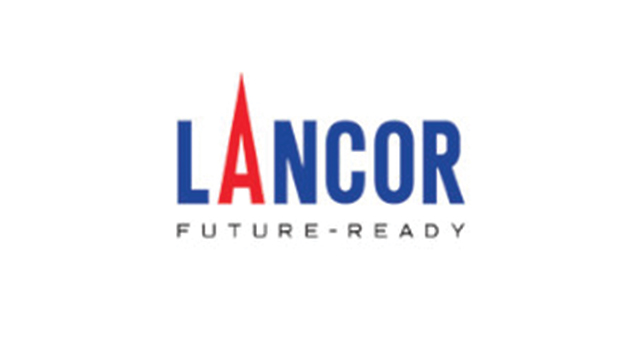Water is a vital resource for businesses across industries, from manufacturing and agriculture to hospitality and healthcare. However, with growing water scarcity and increasing environmental concerns, businesses must adopt sustainable water practices to ensure long-term viability and reduce their environmental impact.
Sustainable water practices not only help conserve water but also reduce operational costs, enhance corporate reputation, and contribute to global sustainability goals. In this blog, we will explore practical and effective sustainable water practices that businesses can implement to make a positive impact on the environment and their bottom line.
Why Sustainable Water Practices Matter
Water scarcity affects over 40% of the global population, and this number is expected to rise due to climate change, population growth, and urbanization. Businesses, as major water consumers, have a responsibility to use water efficiently and responsibly.
Adopting sustainable water practices offers several benefits:
- Cost Savings: Reducing water consumption lowers utility bills and operational costs.
- Regulatory Compliance: Many regions have strict water usage regulations, and sustainable practices help businesses stay compliant.
- Enhanced Reputation: Demonstrating a commitment to sustainability attracts environmentally conscious customers and investors.
- Risk Mitigation: Sustainable practices reduce the risk of water shortages and disruptions in operations.
- Contribution to Global Goals: Businesses can contribute to the United Nations Sustainable Development Goals (SDGs), particularly SDG 6 (Clean Water and Sanitation).
Key Sustainable Water Practices for Businesses
1. Conduct a Water Audit
A water audit is the first step toward understanding your business’s water usage and identifying areas for improvement. It involves:
- Measuring water consumption across all operations.
- Identifying sources of water waste, such as leaks or inefficient processes.
- Setting benchmarks and goals for water reduction.
A water audit provides valuable insights that guide the implementation of sustainable practices.
2. Implement Water-Efficient Technologies
Investing in water-efficient technologies can significantly reduce water consumption. Some examples include:
- Low-Flow Fixtures: Install low-flow faucets, showerheads, and toilets to reduce water usage in restrooms and kitchens.
- Water-Efficient Appliances: Use water-efficient dishwashers, washing machines, and cooling systems.
- Smart Irrigation Systems: For businesses with landscaping, smart irrigation systems use sensors and weather data to optimize water usage.
3. Recycle and Reuse Water
Water recycling and reuse are effective ways to reduce freshwater consumption. Businesses can:
- Treat and Reuse Wastewater: Install wastewater treatment systems to treat and reuse water for non-potable purposes, such as irrigation, cooling, or cleaning.
- Capture Rainwater: Use rainwater harvesting systems to collect and store rainwater for landscaping or industrial processes.
- Implement Closed-Loop Systems: In manufacturing, closed-loop systems recycle water within the production process, minimizing waste.
4. Monitor and Manage Water Usage
Regular monitoring and management of water usage help businesses identify inefficiencies and track progress toward sustainability goals. Tools and strategies include:
- Water Meters: Install water meters to measure usage in real-time and detect leaks.
- Data Analytics: Use software to analyze water usage patterns and identify opportunities for improvement.
- Employee Training: Educate employees about water conservation and encourage them to report leaks or inefficiencies.
5. Adopt Sustainable Landscaping
For businesses with outdoor spaces, sustainable landscaping practices can reduce water consumption:
- Use Native Plants: Native plants require less water and maintenance than non-native species.
- Mulch and Compost: Mulching and composting retain soil moisture and reduce the need for irrigation.
- Drip Irrigation: Drip irrigation systems deliver water directly to plant roots, minimizing evaporation and runoff.
6. Partner with Water Treatment Experts
Collaborating with water treatment experts can help businesses implement advanced solutions for water conservation and reuse. Companies like Arkey Enviro Care Technology offer:
- Customized Water Treatment Systems: Tailored solutions for recycling and reusing water.
- Maintenance and Support: Regular maintenance to ensure optimal performance of water treatment systems.
- Expert Advice: Guidance on sustainable water practices and compliance with regulations.
7. Engage in Corporate Social Responsibility (CSR) Initiatives
Businesses can extend their commitment to water sustainability by engaging in CSR initiatives, such as:
- Community Water Projects: Support projects that provide clean water to underserved communities.
- Awareness Campaigns: Educate customers and stakeholders about the importance of water conservation.
- Partnerships: Collaborate with NGOs and government agencies to promote sustainable water practices.
Case Studies: Businesses Leading the Way
1. A Manufacturing Company: Reducing Water Usage by 30%
A manufacturing company implemented a closed-loop water recycling system and installed water-efficient equipment. As a result, the company reduced its water usage by 30%, saving thousands of dollars annually and enhancing its sustainability credentials.
2. A Hotel Chain: Sustainable Landscaping and Rainwater Harvesting
A hotel chain adopted sustainable landscaping practices and installed rainwater harvesting systems at its properties. These initiatives reduced water consumption by 25% and improved the hotels’ appeal to eco-conscious travelers.
3. Arkey Enviro Care Technology: Empowering Businesses with Sustainable Solutions
Arkey Enviro Care Technology has helped numerous businesses in Tamil Nadu achieve their water sustainability goals. By providing customized water treatment systems and expert guidance, the company has enabled businesses to reduce water waste, lower costs, and contribute to environmental conservation.
How to Get Started with Sustainable Water Practices
- Assess Your Water Usage: Conduct a water audit to understand your current consumption and identify areas for improvement.
- Set Goals: Establish clear, measurable goals for water reduction and sustainability.
- Invest in Technology: Implement water-efficient technologies and treatment systems.
- Engage Stakeholders: Involve employees, customers, and partners in your sustainability efforts.
- Monitor Progress: Regularly track and report on your water usage and sustainability achievements.
Conclusion
Sustainable water practices are no longer optional—they are a necessity for businesses that want to thrive in a resource-constrained world. By adopting these practices, businesses can conserve water, reduce costs, enhance their reputation, and contribute to global sustainability goals.
Companies like Arkey Enviro Care Technology are leading the way by providing innovative and customized solutions that help businesses achieve their water sustainability objectives. Whether you are a small business or a large corporation, now is the time to take action and make a positive impact on the environment and your bottom line.
Contact Arkey Enviro Care Technology
Head Office: #99, Perumal Kovil Street, Gerugambakkam, Chennai, 600 128
Phone: +919840096588, +91 90879 10655, +91 99520 20155
Email: info@arkeyenviro.com
Branch Office: #326/4, Mullaistreet, EzhilNagar, Thiruverumbur, Trichy, -620 014
By embracing sustainable water practices, businesses can play a crucial role in ensuring a sustainable future for all. Let’s work together to protect this precious resource and create a better world for generations to come.







